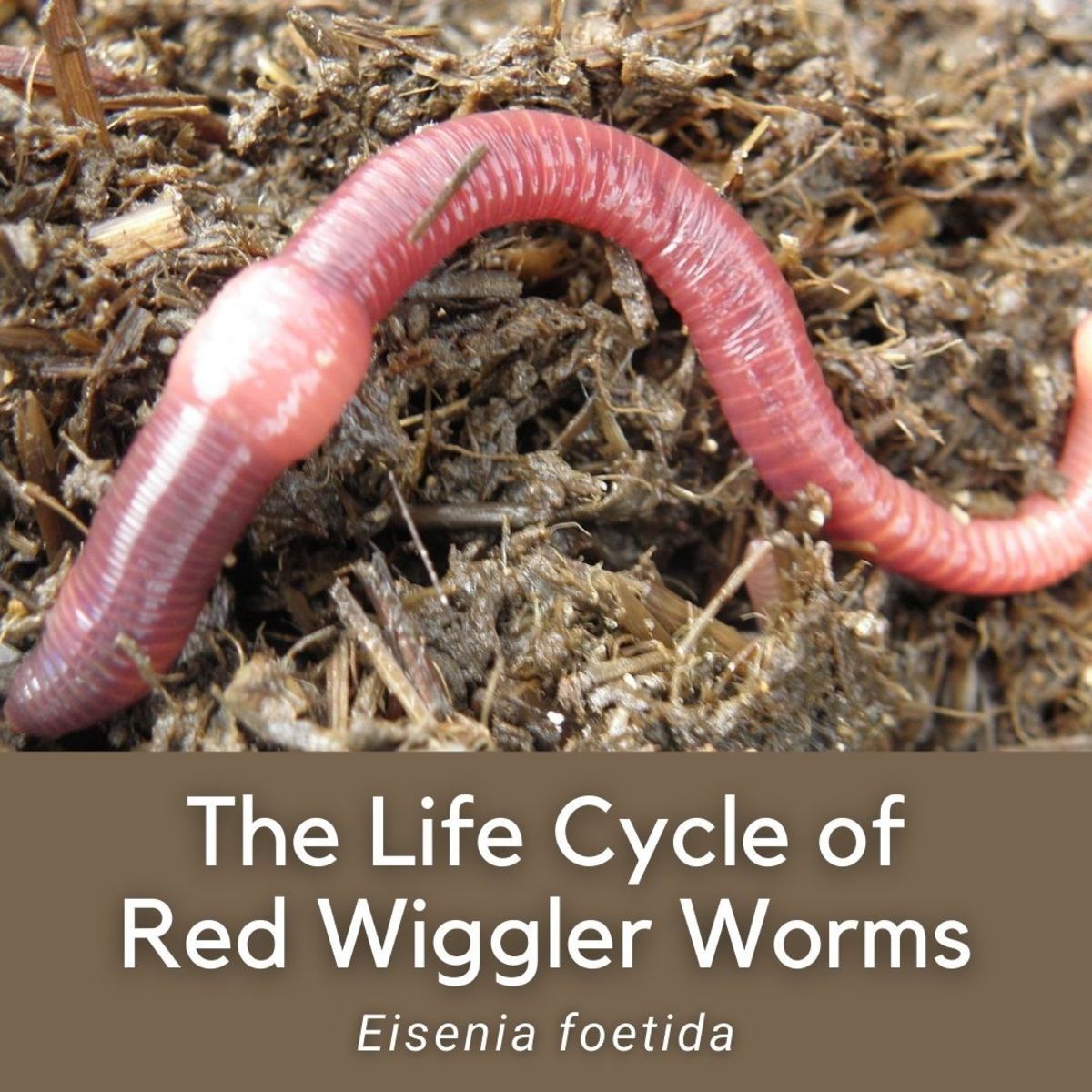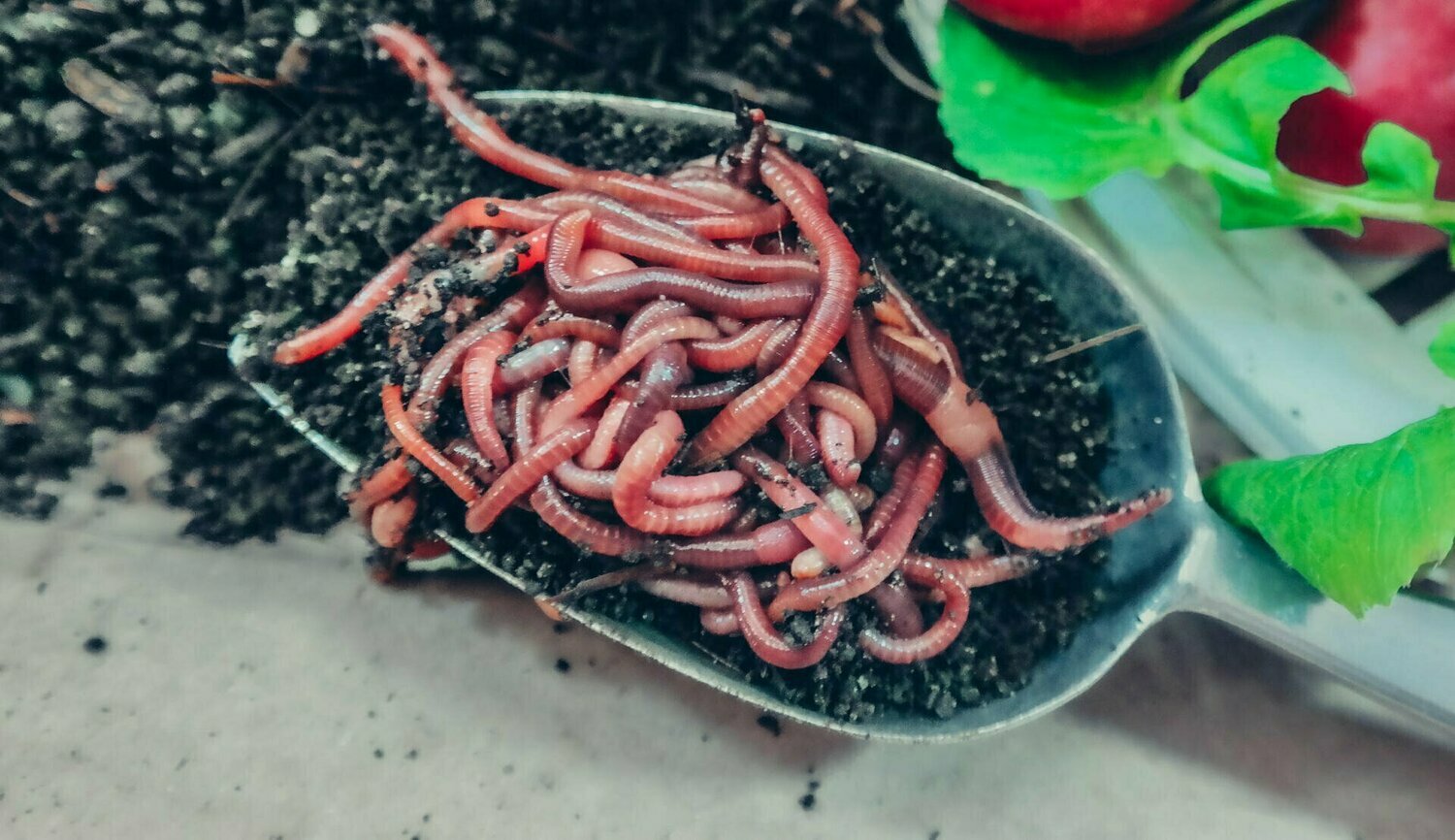Red Wiggler Worms - Effective Decomposers for Your Compost Bin
Red Wiggler Worms - Effective Decomposers for Your Compost Bin
Blog Article
Red Wiggler Worms Demystified: Opening the Secrets of Vermiculture for Greener Living and Nutrient-Rich Dirt
In the realm of sustainable techniques for improving dirt high quality and promoting eco-conscious living, red wiggler worms play a pivotal yet commonly neglected duty. Red Wiggler Worms. Comprehending the complexities of caring for these worms, optimizing their environment, and using their castings can lead to a greener lifestyle and much healthier soil for plants to prosper.
The Role of Red Wiggler Worms
Red Wiggler worms play a vital function in composting systems by successfully damaging down natural matter right into nutrient-rich castings. These ravenous eaters take in a variety of natural products, such as kitchen area scraps, yard waste, and paper products. As they feed, the worms' digestion processes damage down the natural matter into a fine, dark, and nutrient-dense product known as worm castings or vermicompost.
The spreadings generated by Red Wiggler worms are very beneficial for dirt health and wellness and plant development. They are abundant in necessary nutrients like phosphorus, potassium, and nitrogen, which are essential for sustaining healthy plant growth. In addition, worm spreadings have beneficial microbes and enzymes that aid enhance dirt framework, boost water retention, and improve nutrient uptake by plants.
Advantages of Vermicomposting

In addition, vermicompost, the nutrient-rich final result of vermicomposting, works as an outstanding organic plant food and soil conditioner. It boosts soil structure, improves soil oygenation, and boosts soil dampness retention. These residential or commercial properties add to healthier plants with stronger origin systems and much better resistance to parasites and conditions. Vermicompost also improves the soil with essential nutrients like potassium, nitrogen, and phosphorus, advertising plant growth and general dirt fertility.
Additionally, vermicomposting assistances lasting gardening practices by offering a all-natural and chemical-free choice to synthetic plant foods. Red Wiggler Worms. This environmentally pleasant technique not only improves the soil however also aids minimize dependence on hazardous chemicals, advertising a greener and more lasting means of gardening
Establishing a Worm Container
When establishing a worm container for vermicomposting, proper arrangement is crucial to make certain the success of the composting procedure. The initial step in establishing up a worm container is selecting a suitable container.
After including the bed linens, present the red wiggler worms to the container. It is advised to begin with a little number of worms and gradually raise as they multiply. The worms ought to after that be offered with food scraps such as vegetables and fruit peels, Read Full Report coffee grounds, and eggshells. It is vital to stay clear of adding meat, dairy, oily, or salty foods to avoid attracting insects and developing undesirable smells.
Routinely keep track of the wetness degrees and temperature level in the worm bin to make certain optimum problems for the worms. With appropriate configuration and maintenance, the worm container will successfully transform organic waste into nutrient-rich compost for your plants and yard.
Harvesting Worm Castings
To successfully accumulate nutrient-rich worm spreadings from your vermicomposting system, a systematic harvesting method is important. When it comes time to harvest the worm castings, there are a few key actions to comply with to ensure an effective procedure.

Troubleshooting Common Issues
Recognizing look here and resolving typical difficulties that might arise throughout the vermicomposting process is vital for keeping a healthy and balanced and efficient worm container. Adding excess food scraps can lead to an go now accumulation of wetness and acidity in the worm container, possibly damaging the worms. An additional problem is unpleasant odors originating from the worm container.
Additionally, if the worm population is declining or the worms appear undesirable, maybe because of environmental stressors such as severe temperature levels or pH degrees. Monitoring these variables and making necessary changes is crucial for the health of the worms. By repairing these usual concerns without delay, vermicomposters can ensure a smooth and effective vermicomposting process while keeping a growing worm population.

Verdict
Finally, red wiggler worms play an important role in vermiculture by breaking down raw material into nutrient-rich dirt. The advantages of vermiculture consist of greener living and enhanced soil quality. Establishing up a worm container is necessary for successful vermiculture, and harvesting worm castings provides important compost for horticulture. By recognizing and fixing typical problems, individuals can unlock the secrets of vermiculture for lasting living and healthier soil.
As they feed, the worms' digestive system processes break down the organic matter into a fine, dark, and nutrient-dense material understood as worm castings or vermicompost.
The castings produced by Red Wiggler worms are very advantageous for dirt health and wellness and plant development. Including excess food scraps can lead to a buildup of dampness and level of acidity in the worm bin, possibly hurting the worms.In addition, if the worm population is decreasing or the worms appear unhealthy, it can be due to ecological stress factors such as extreme temperatures or pH degrees. Establishing up a worm bin is essential for successful vermiculture, and gathering worm castings provides valuable compost for horticulture.
Report this page